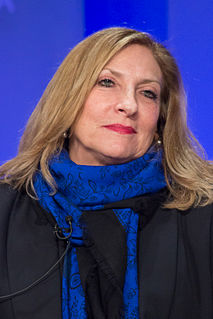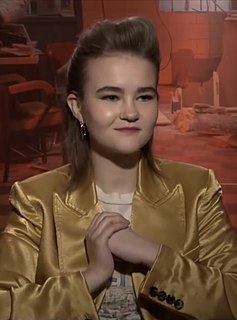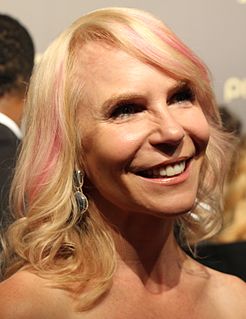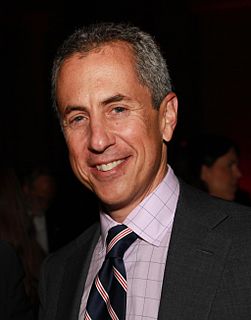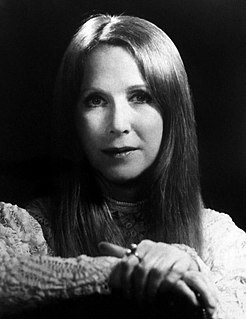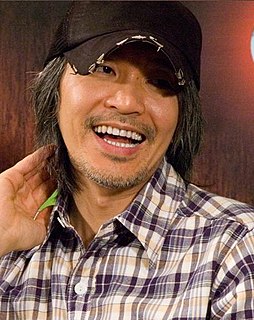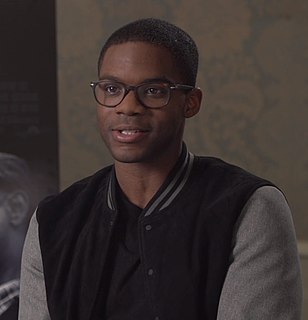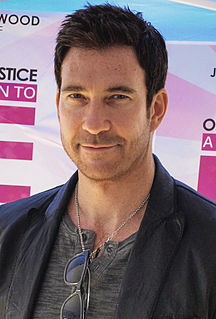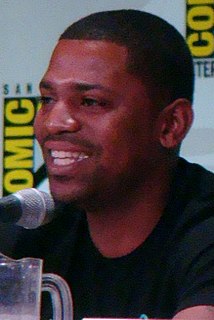A Quote by Lesli Linka Glatter
As somebody who has been an executive producer on a television series, I can tell you that increasing director diversity is as simple as hiring more women and more people of color.
Related Quotes
I did a good bit of episodic television directing, but directing a movie is so much more complicated. And there's so much more responsibility because the medium is very much a director's medium. Television is much more of a producer's writer's medium so a lot of the time when you're directing a television show they have a color palette on set or a visual style and dynamic that's already been predetermined and you just kind of have to follow the rules.
Extrapolated, technology wants what life wants:
Increasing efficiency
Increasing opportunity
Increasing emergence
Increasing complexity
Increasing diversity
Increasing specialization
Increasing ubiquity
Increasing freedom
Increasing mutualism
Increasing beauty
Increasing sentience
Increasing structure
Increasing evolvability
Being producer you're still going to have to sell somebody who's going to give you the money on the idea and everything like that. But it does give you a little bit more control if you're thinking in that creative process; it gives you more control to tell the story you want to tell rather than sort of just reading a script that somebody else wrote and says, "Yes, please, you can hire me for this job." So it's a little bit more hands-on, a little bit more closer to the heart.
